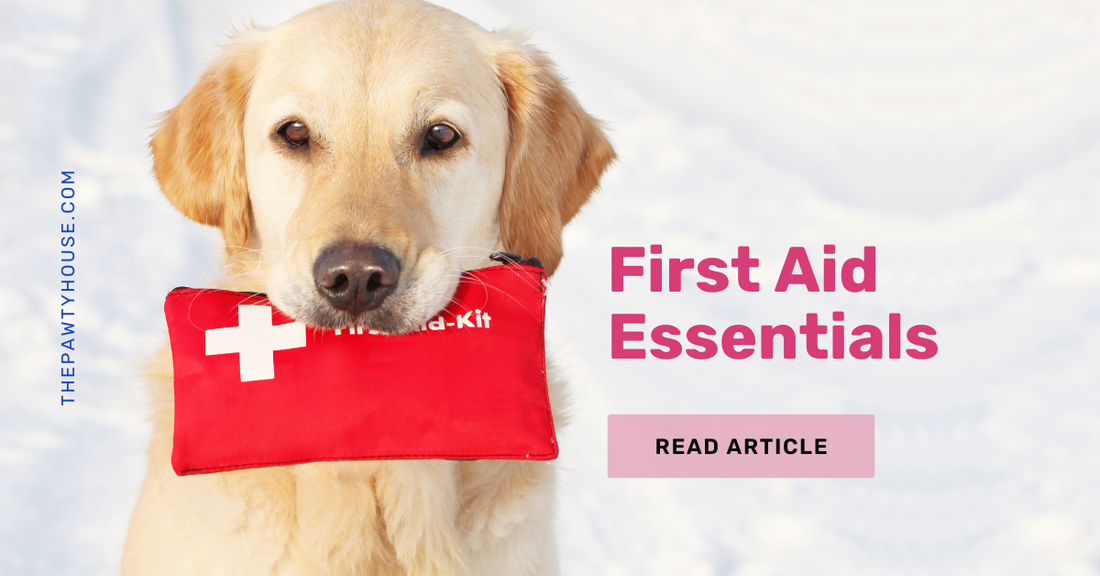Ensuring the well-being of your four-legged friend is every pet owner's top priority. While professional veterinary care is essential, having a basic understanding of at-home first aid can be invaluable in times of need. Here are some simple yet crucial tips to keep in mind for handling common situations:
1. Cuts and Scrapes:
Gently clean any cuts or scrapes with a pet-friendly antiseptic solution. Apply a pet-safe antibiotic ointment and cover the wound with a clean bandage or sterile dressing. Remember to keep a close eye on the healing process and consult your vet if necessary.
2. Paw Pads and Nail Issues:
Check your dog's paw pads regularly for any signs of irritation or injury. If you notice a small cut or torn nail, clean the area and use a pet-friendly bandage to protect it. In case of a broken nail, carefully trim any loose edges and consult your vet for further guidance.
3. Insect Bites and Stings:
If your dog gets stung by a bee or bitten by an insect, remove the stinger or insect parts using tweezers. Apply a cold compress to reduce swelling and monitor for any signs of an allergic reaction. Seek immediate veterinary attention if you observe difficulty breathing, excessive swelling or any irregular changes to your dogs mood.
4. Burns:
Apply a pet-safe burn ointment and consult your vet for further advice immediately. In the case of minor burns, cool the affected area with cold water or a cold compress. Avoid using ice, as it can cause additional damage to the skin.
5. Digestive Upset:
If your dog experiences mild digestive upset, consider withholding food for 12-24 hours to allow the stomach to settle. Provide small amounts of water to prevent dehydration. If the issue persists or worsens, consult your veterinarian.
While at-home first aid is valuable, it's crucial to remember that professional veterinary care is irreplaceable. Always consult with your vet for guidance on your dog's specific health needs. Having a basic understanding of first aid can, however, empower you to offer immediate care and comfort to your furry companion in times of minor incidents. Remember, your pet's well-being is a lifelong commitment, and a little knowledge can go a long way in ensuring a happy and healthy life together.

